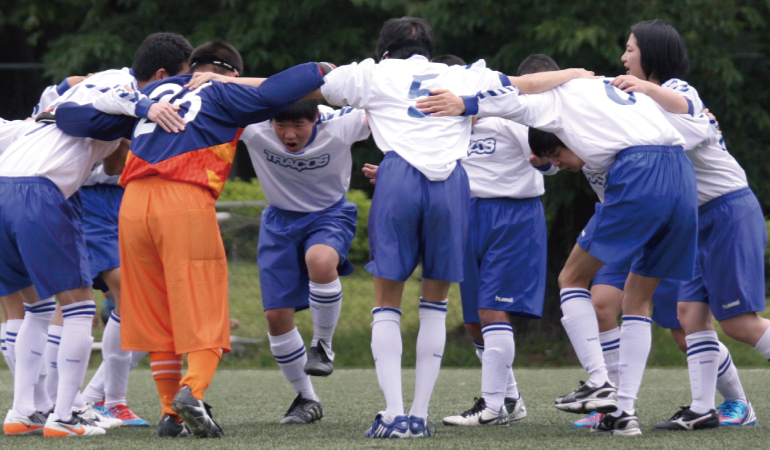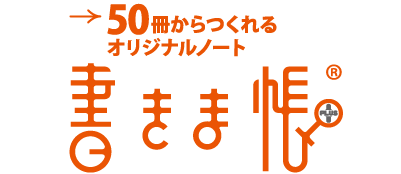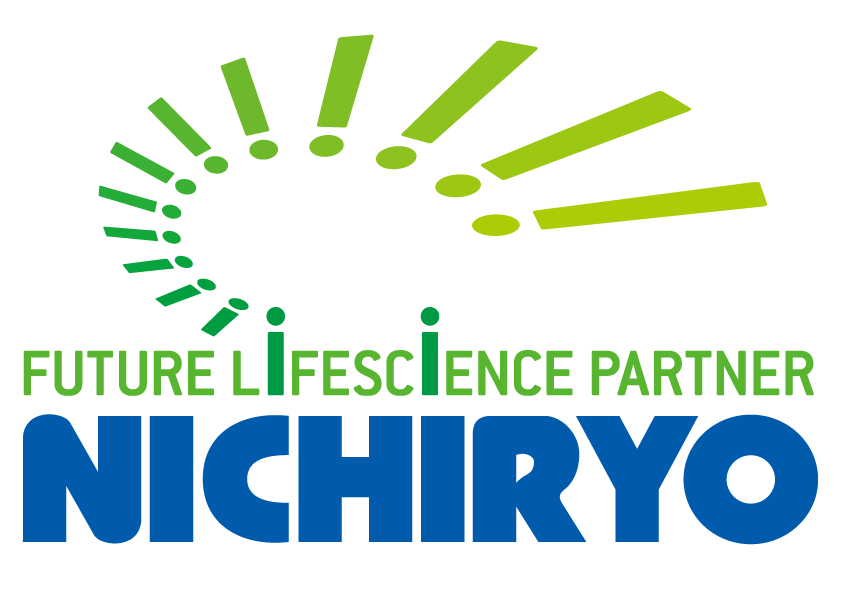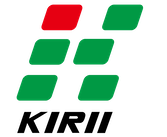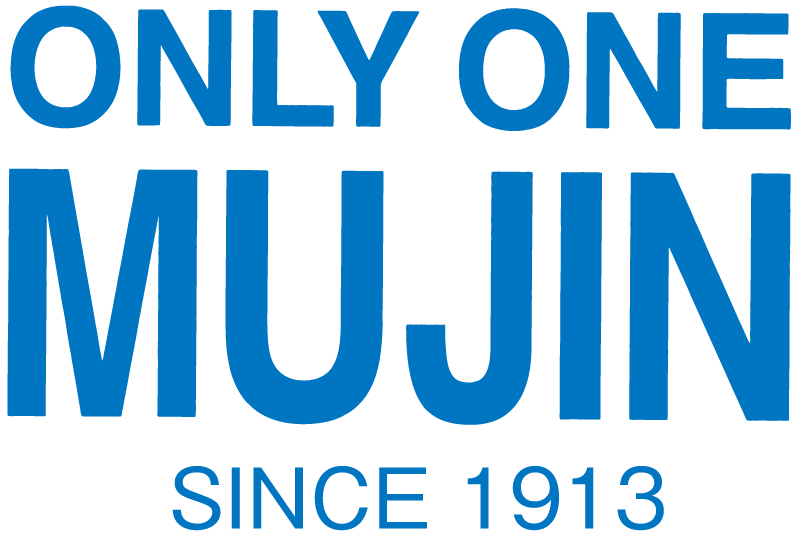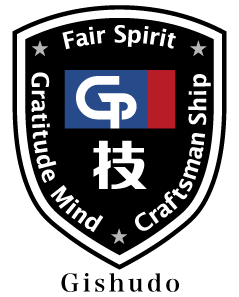Message from the Chairperson
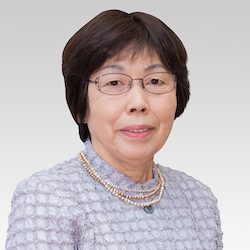
We established TRACOS, a non-profit organization, to create an opportunity for people with intellectual and developmental disorders to enjoy sports in their free time, which had been less valued, and support them so that they would have a fulfilling life physically and mentally.
Our soccer schools and a club provide opportunities to improve our students and players physical fitness and maintain good health, and also to build a heart-to-heart relationship among members. It is pleasant to see them chasing a ball and running around the court happily. It just makes me feel happy when I see them playing soccer smiling.
None of our activities would be possible without the support of parents, volunteers and supporters. We are deeply grateful to you all. Thank you.
Hikari Egi
Chair, NPO TRACOS
Our Vison : Inclusion through sports
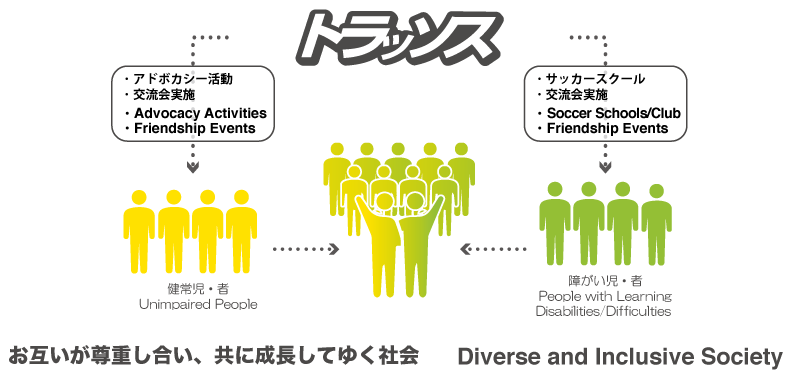
NPO TRACOS aims to develop a diverse and inclusive society where everyone, regardless of impairment, communicates empathically and respectfully. To that end, we have been building a community where children and adults with and without developmental disorders respect and value each other through soccer.
As an operator of soccer schools and a soccer club, our mission is to offer people with developmental disorder environments in which they can play soccer spontaneously, to promote their participation in society, and to pursue the principle of inclusion through sports.
In order to carry out our mission, reaching out to individuals and society is crucial. We organize special events that unimpaired individuals participate in as players and volunteers to raise awareness and understanding.
Our Role : Where people with developmental disorders feel like they belong
Problems Children with developmental disorders Face
Children and adults at TRACOS Soccer School and FC TRACOS have developmental disorders. developmental disorders, also known as learning difficulties and learning disabilities, are a group of conditions due to an impairment in physical, learning, language, or behavioral areas. These conditions begin during the developmental period, may impact day-to-day functioning, and usually last throughout a person’s lifetime.
One of the problems children with developmental disorders have is that they are all too often denied participation in sports. This is because team sports require communication ability as well as athletic ability. These requirements deprive children with developmental disorders of many opportunities to join sporting activities and play with other children. As a result, these children often get less physical activity than typically developing children. Besides being often excluded or rejected, they may feel a sense of shame, isolation, low self-esteem, anger, fear and anxiety.
Their parents can feel the same way too. In addition, parents of children with developmental disorders may occasionally have hesitant feelings towards participation in sports because their children could possibly cause ‘trouble’ when they play sports or play in a playground with other unimpaired children. Then, when they want to go to sport events for children with developmental disorders, many other people can look coldly at them on their way there. When seeing a boy talking excessively, screaming and jumping around in the train, how many people would think that it is because of developmental disorders? When the child looks no different to children without developmental disorders, many might think it’s because of bad parenting. It is reported that one of major causes of stress that parents of children with developmental disorders feel is social attitudes towards them and lack of understanding for the problems they and their families experience.
Children with developmental disorders just want to play sports like other children do, and their parents want to give them physical activity opportunities, but unfortunately there are currently many barriers for them.

Our Mission and Role
A bridge between people with developmental disorders and people without disabilities
In order to carry out our mission, "Inclusion through sports ", reaching out to individuals and society is essential. No matter how hard we support people with developmental disorders, barriers they face remain unless society accepts them. Aiming to raise awareness, we organize events that people without disabilities participate in as players, volunteers and supporters so that they can get to know about developmental difficulties/disabilities through playing sport together.
An Ibasho for people with developmental disorders
Children with disorders tend to give up joining physical activity, some have negative feelings towards sport while exercise is one of important factors affecting child’s growth and development.
TRACOS creates opportunities for children with special needs to play soccer, which helps them to build up their health, to acquire sociability and to learn cooperation and more importantly, to help them find sport fun.
Besides these opportunities to build up their health and build their social skills, we’ve also created an “Ibasho” (places they feel like they belong) for them. Many people with developmental disorders say that it’s hard for them to be anywhere with others, or they can’t find their Ibasho. Some of our young students/members felt the same when they got out into the world. Whether you have disorders or not, having a place you belong with just encourages you. We’d like to continue to be their Ibasho, even after they grow up.

NPO TRACOS AMBASSADORS
Yutaka Murabayashi
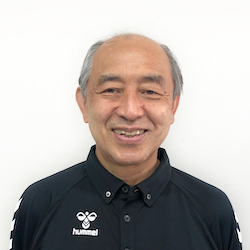
PROFILE
Yutaka Murabayashi played a key role in the establishment of FC Tokyo, a J.League football club, and later served as Executive Managing Director of Tokyo Football Club Co., Ltd. and eventually became its President and CEO. He was introduced to TRACOS in 2003 After leaving FC Tokyo, he has continued to support TRACOS, and in 2022 he was appointed as a TRACOS Ambassador. He is committed to helping share the strengths and values of TRACOS with a wider audience.
MESSAGE
I’m grateful to be welcomed as a member of the TRACOS community. When I see the expressions on the players’ faces during training, I feel that TRACOS has become a place where they truly belong. I hope that, in time, I can also feel that TRACOS is a place where I belong. Thank you for having me.
Jun Kubota
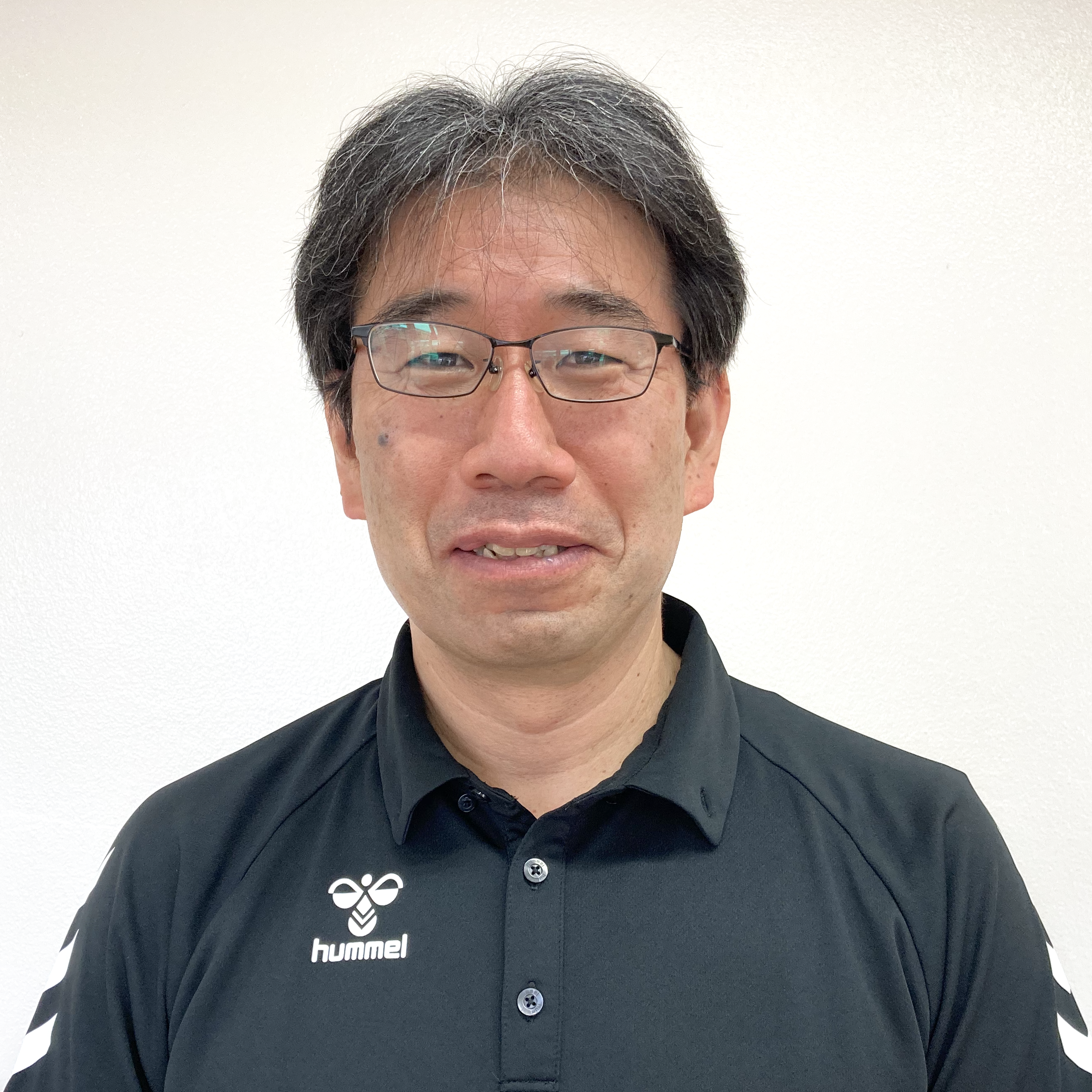
PROFILE
Jun Kubota dedicated himself to expanding football programs for children with intellectual disabilities during his tenure as Director of the Community Outreach Department at FC Tokyo, After becoming Head of the Regional Community Division, he continued to broaden opportunities for children and adults with disabilities to participate in sports. Even after leaving FC Tokyo, he has maintained his passion for supporting children with disabilities. Since 2022, he has served as a TRACOS Ambassador, working to promote and raise awareness of football for people with disabilities.
MESSAGE
Hello! My connection with everyone at TRACOS goes back many years, and I want to express my sincere gratitude once again for all that I’ve learned from you. I hope to help share TRACOS’s activities with an even wider audience so that not only the students and players, but everyone involved with TRACOS can continue to enjoy what they do and thrive.
Junko Kodera
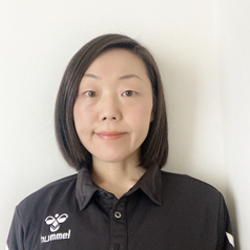
PROFILE
After several years of volunteering and providing pro bono web and graphic design support to various NPOs, Junko Kodera joined TRACOS in 2016, taking on responsibility for the organization’s website design and production. Her work goes beyond managing the football school and club’s online presence—she helps convey TRACOS’s philosophy, values, and initiatives through clear and engaging digital communication. She was appointed as a TRACOS Ambassador in 2023.
Profile available inMESSAGE
Whenever possible, I take part in TRACOS events and school activities so that the website reflects what truly happens on the ground. In line with TRACOS’s philosophy of creating “a community where people with and without disabilities can grow together through sport,” I aim to share information online in a way that helps this vision reach even more people.
Organizational Profile
Name
Aproved Specified Nonprofit Corporation
NPO TRACOS
Address
Yoneromi-haitsu 1F
4-20-18, Chuo, Edogawa-ku, Tokyo 132-0021
Phone
03-5879-5879
Date of Establishment
February 2006
Corporate Number
9011705001001
TRACOS is certified as NPO (Nintei NPO) by Tokyo Metropolitan Government.
Bureau Of Citizens, Culture And Sports
Chair
Hikari Egi
Vice Chair
Masayoshi Yoshizawa
Board of Directors
Yoshie Onihara
Kiyomi Hashimoto
Yasushi Tanaka
Mitsuteru Fujinuma
Atsuko Ogino
Yutaka Murabayashi
Auditor
Keiko Saito
Ambassadors
Yutaka Murabayashi
Jun Kubota
Junko Kodera



